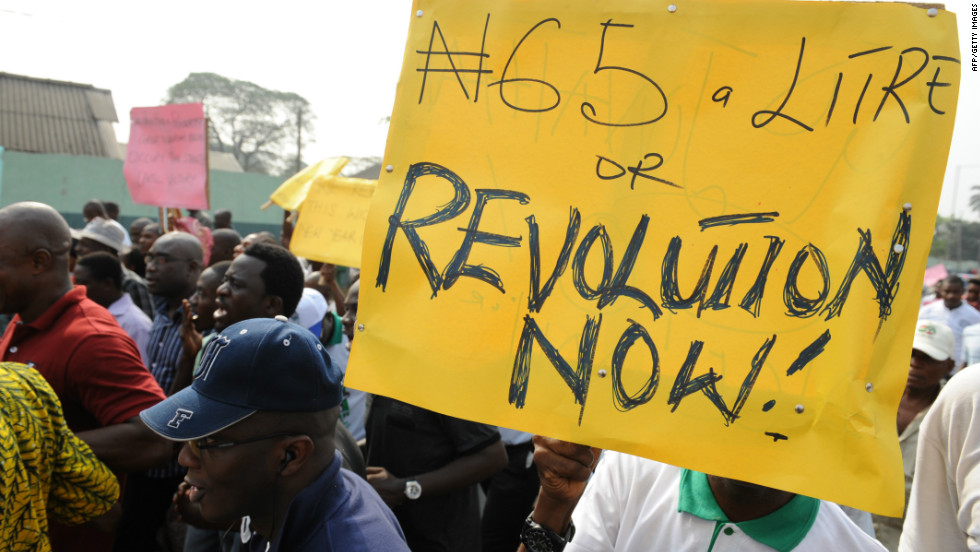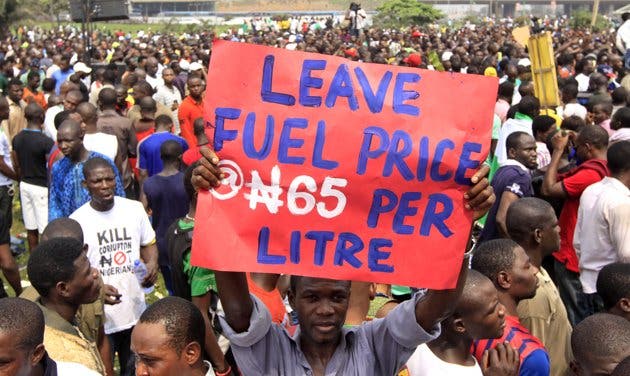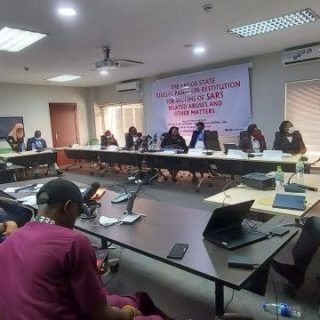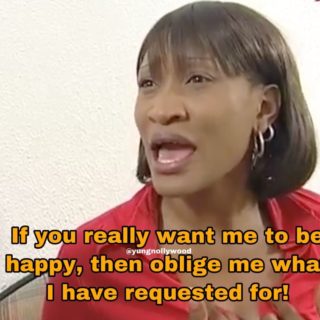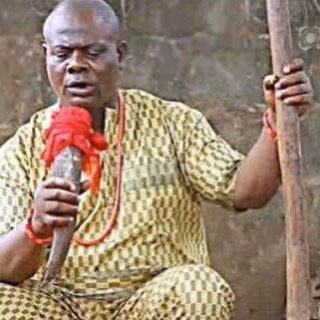Citizen is a column that explains how the government’s policies fucks citizens and how we can unfuck ourselves.
Yesterday, we wrote about the increase in fuel prices, why it is coming at this time, including its possible implications for fuel marketers, traders and everyone. We have also written about the hike in electricity prices and the reasons why electricity is being increased at this period. But still, the electricity and fuel price increase don’t look like they will stop generating a lot of controversy all over the country anytime soon.
Tea Protest
As at this morning, there are reports that Senators are protesting the fuel price hike, stating that their constituents deem them “rubber stamp senators” by acceding to everything the Buhari government does, and that there could be an emergency sitting next week to review these twin prices in fuel and electricity. And while the Nigerian Labour Congress have stated the government is “taking us for a ride” and how there can’t be “industrial peace and harmony” with this directive, other political leaders have voiced support for the price increases, including Dapo Abiodun, the Governor of Ogun State. Atiku Abubakar and Kingsley Moghalu have also criticised and supported the increases respectively.
Why Is Fuel Subsidy Always A Recurring Issue?
Look, the exact origins of fuel subsidy are still lost in the pages of history. The most plausible origin story out there is that the Babangida regime introduced a fuel subsidy for 6 months to reduce rising oil prices. I have even sat through a TV interview where the the person being interviewed challenged the interviewer to go do his research and pull out any law backing fuel subsidy in Nigeria – and that there is absolutely none.
Be that as it may, it is clear and somewhat ironical that a policy without legal backing is arguably the most believed policy in Nigeria. Nigerians protested like their lives depended on it in 2011 when fuel subsidy was removed and the Jonathan government increased fuel prices from N65 to N97.
And 9 years after, we are still in the same, exact place.
Should Fuel Subsidy Be Removed? (Well, It Actually Has)
Earlier this year, the Minister of State for Petroleum, Timipre Sylva, stated that fuel subsidy has been removed in the country. Using the low oil prices as an opportunity to back out of paying fuel subsidy was an irresistible move, and the Federal Government jumped on the wave appropriately. But , no one really muttered any word against this move – because oil prices were low and the removal couldn’t be felt at the point. PPPRA even reduced oil prices in May.
But here we are, in September, and the reality is finally dawning on all of us. Oil prices are steadily getting back up, FX challenges for oil importation is setting in, and worse, there’s the reality that the subsidy has slowly but surely been removed.
Buy yktv. Nigerians and labour leaders will cry out about fuel subsidies hurting the poor, and this might lead to another round of protests or not. But how I see it, subsiding fuel consumption still does not make sense. We import the fuel we use with hard earned foreign exchange and still try to regulate the price, and it goes on and on.
Worse, the rich Nigerian enjoys this benefit more than the poor. They own, say, 5 cars and use more fuel. Wouldn’t it be smarter if we poured this money into critical road infrastructure, health care and education? And I know many people would rather they paid low oil prices because they can be sure they are at least enjoying government benefit in some way. But this is clearly not sustainable. It is also not the smartest way to use resources, for a poor country like Nigeria.
My educated opinion is that subsidy should be removed. But if Nigeria does not fix the rot in the downstream oil sector, taking away subsidy will feel like choking people. And nobody voted for Kiddwaya. Wait, what?

